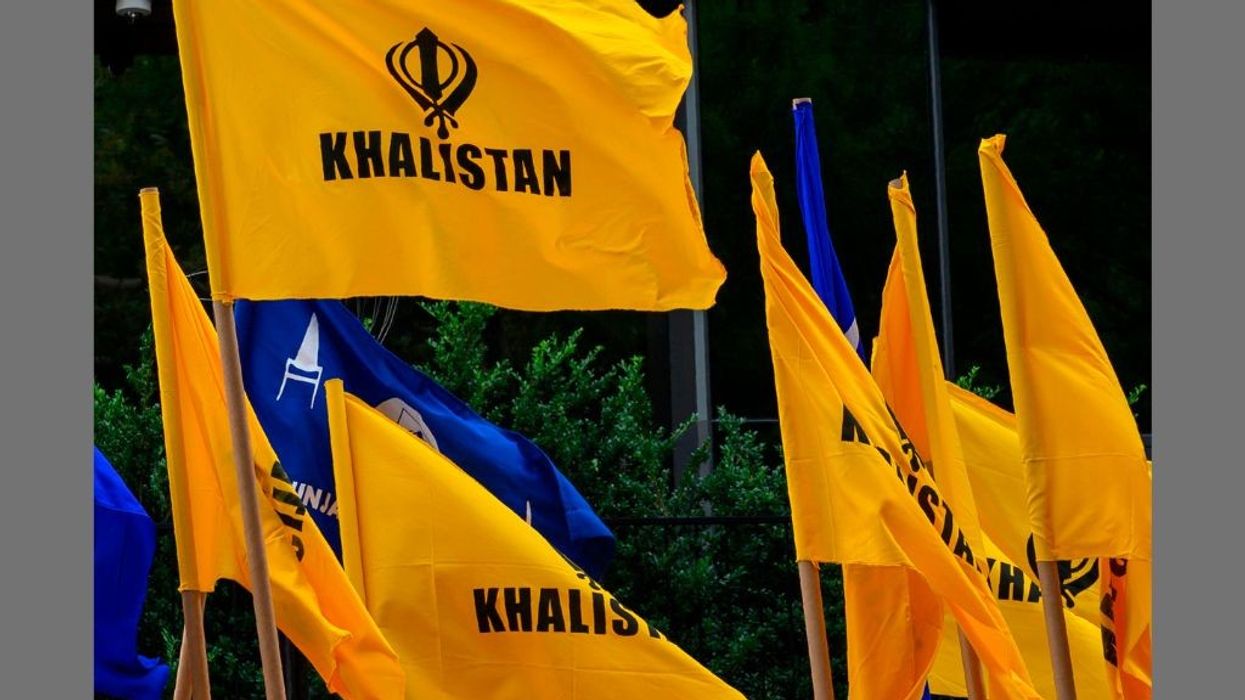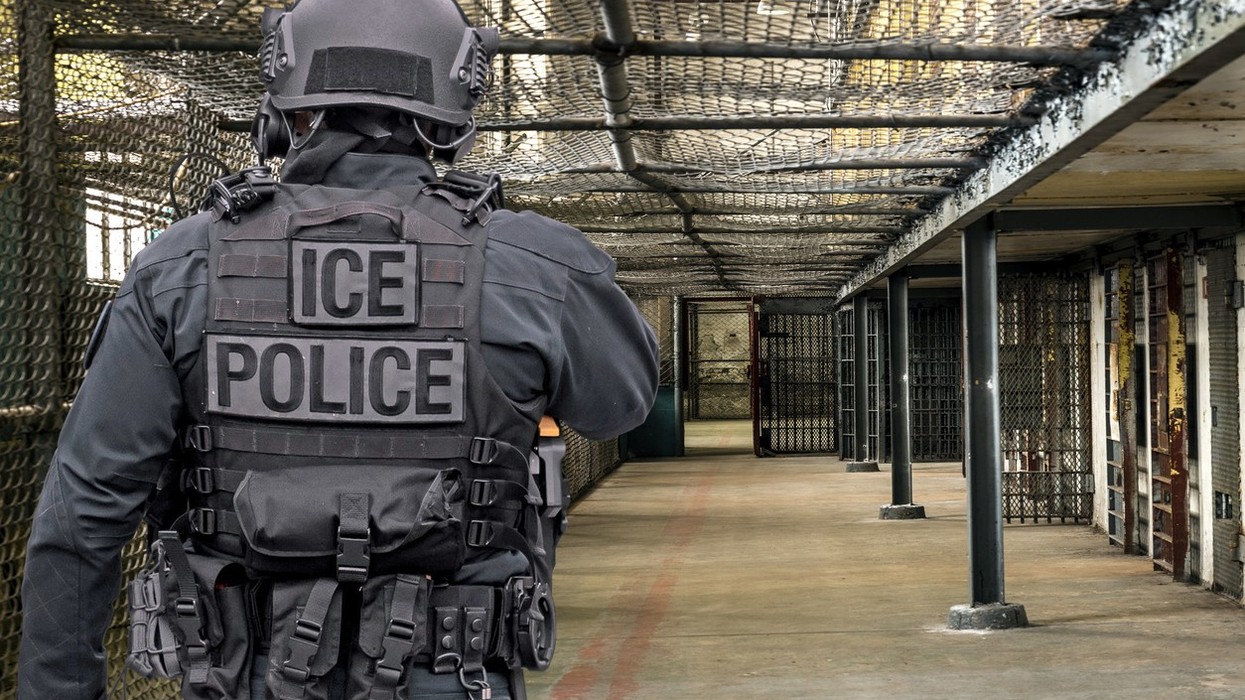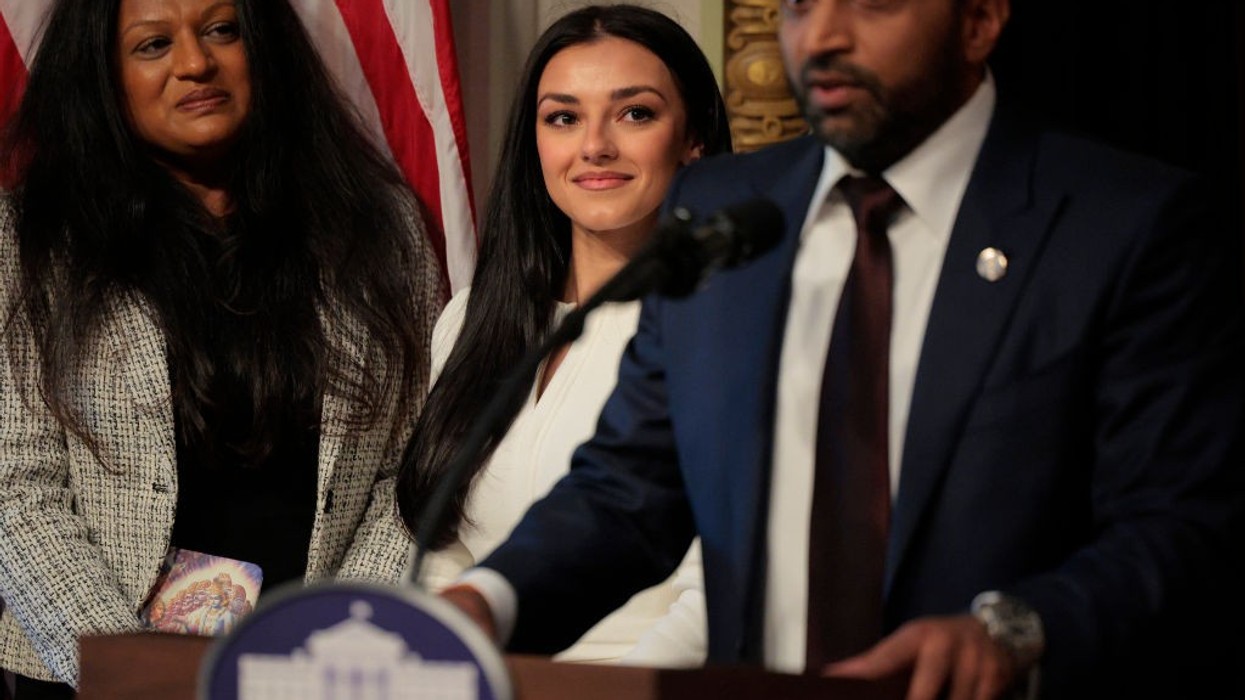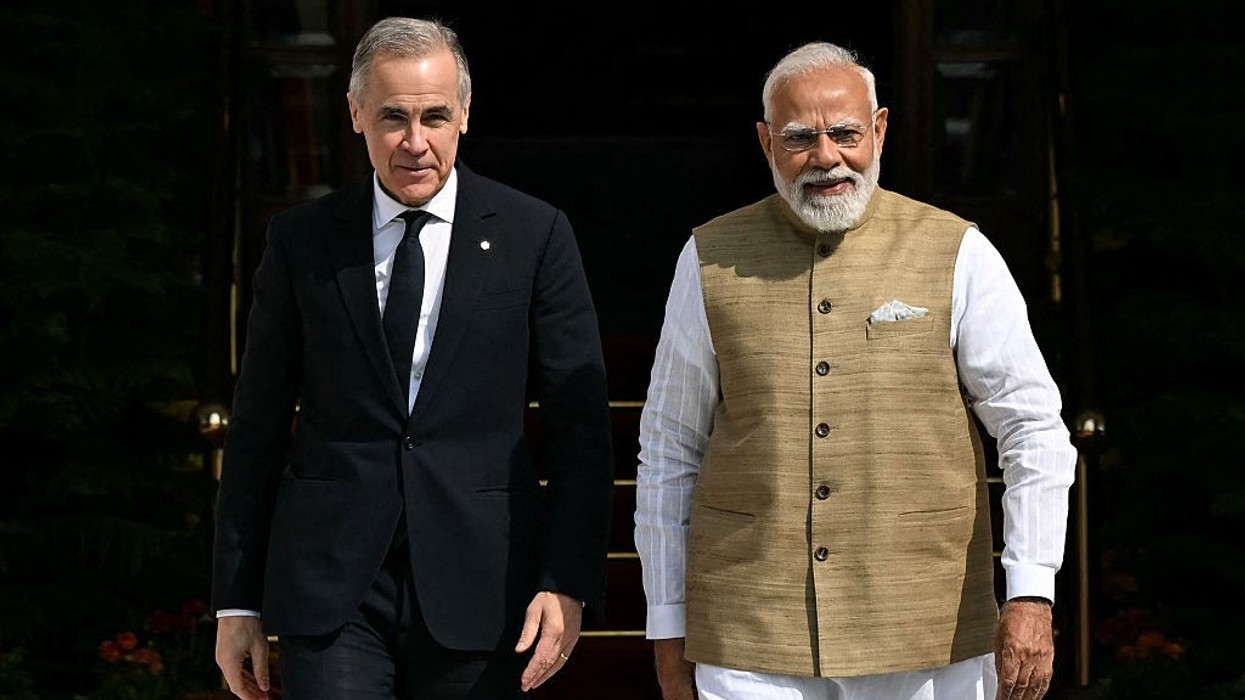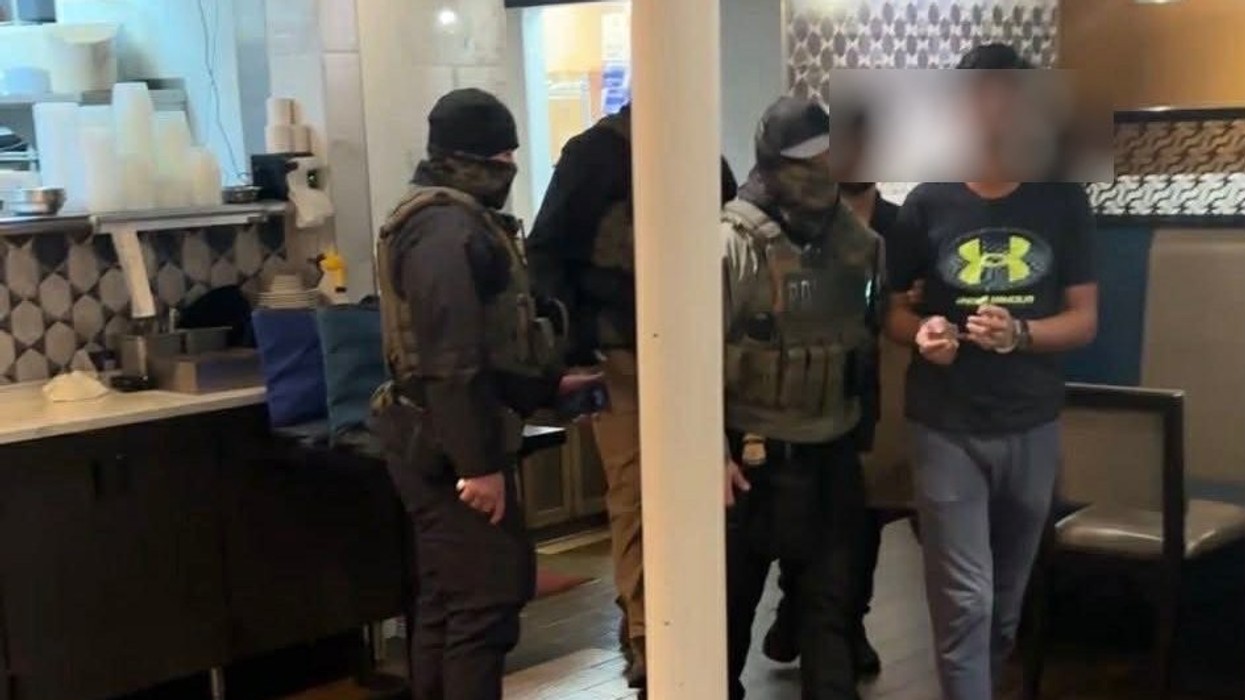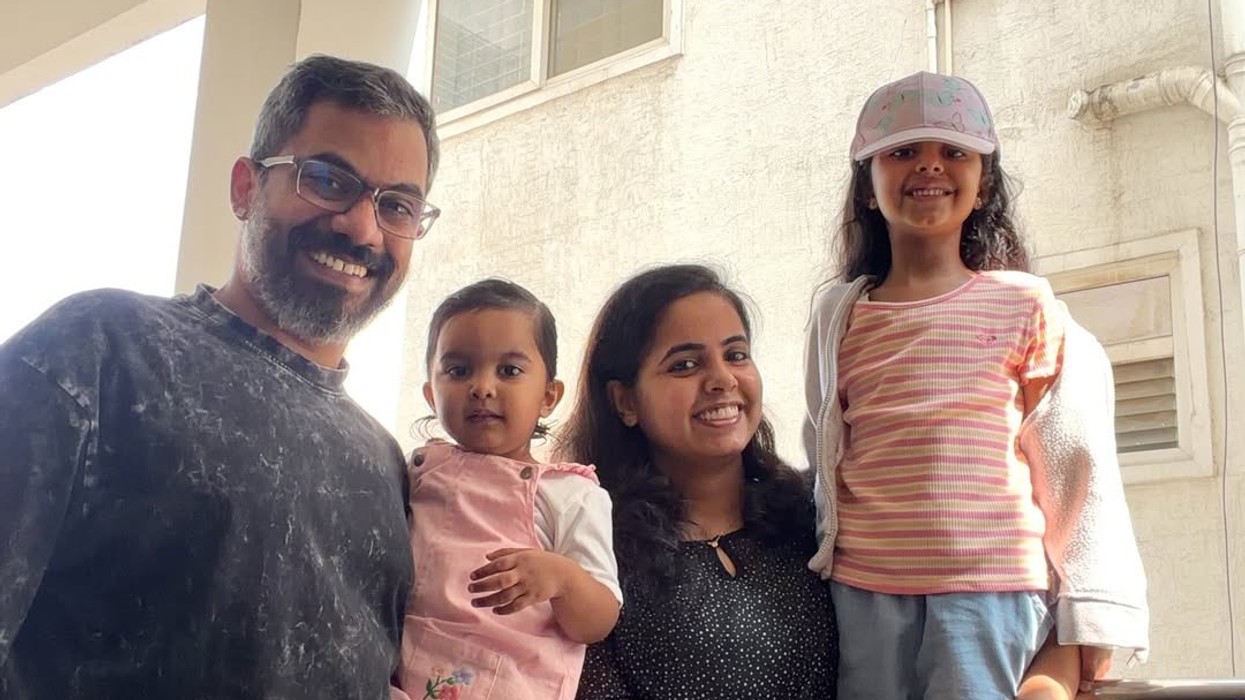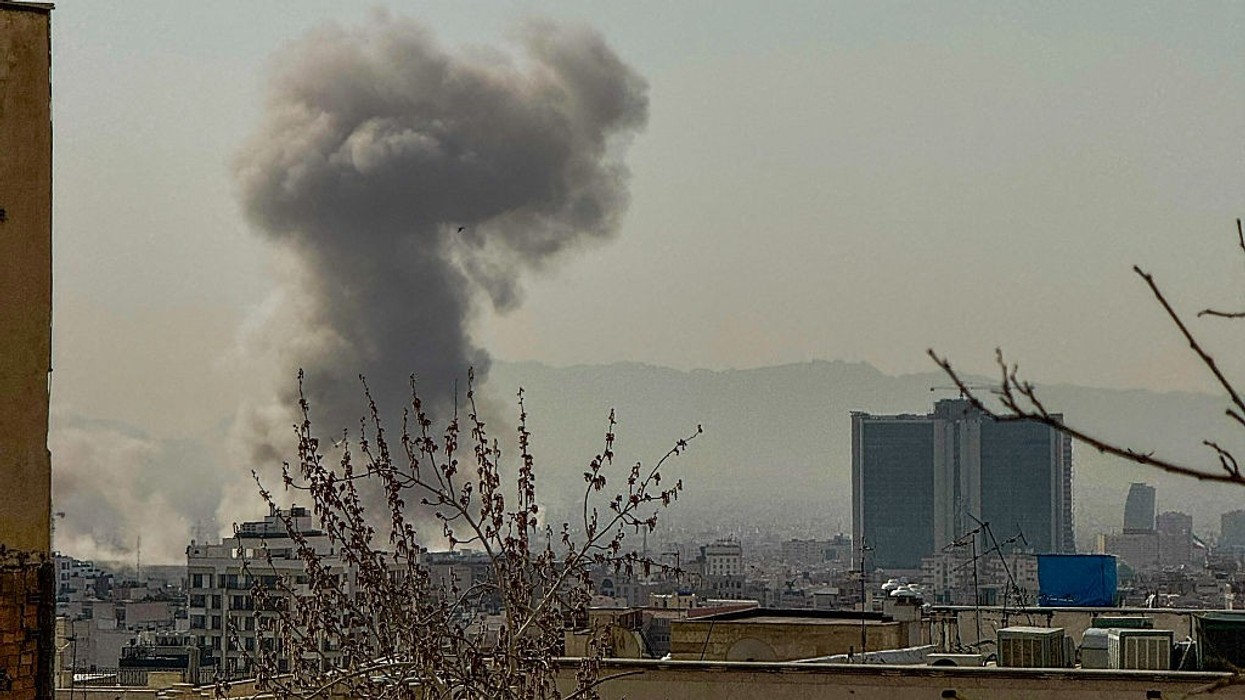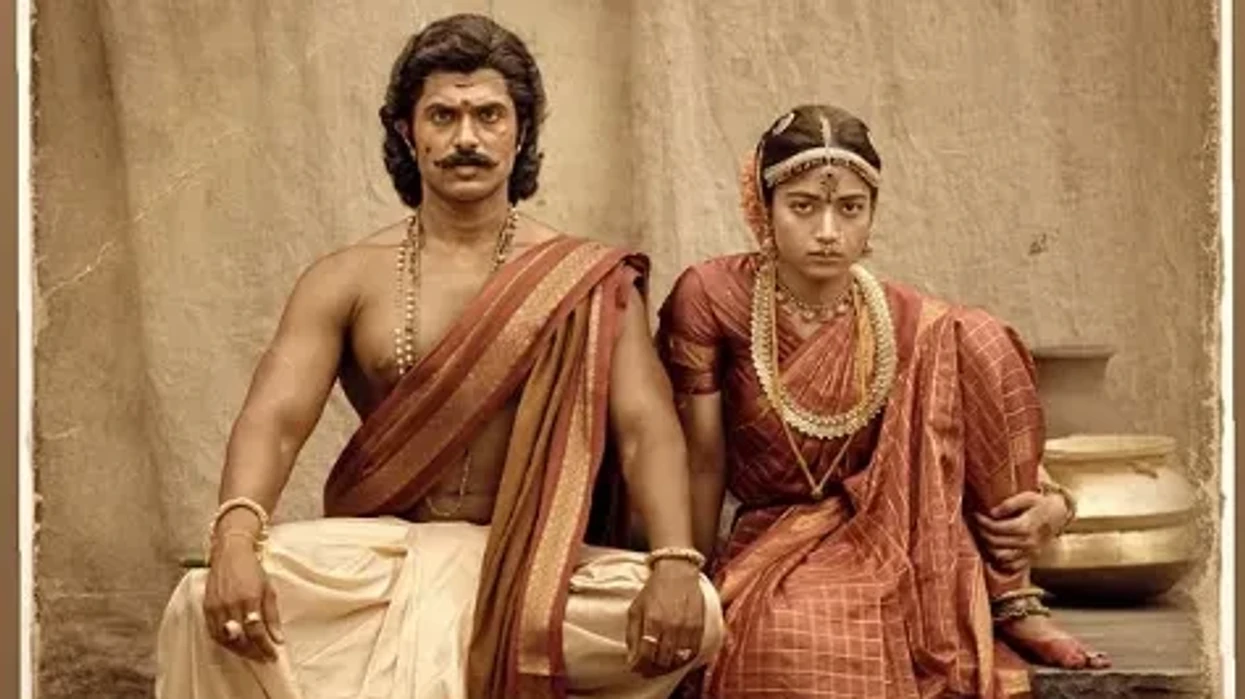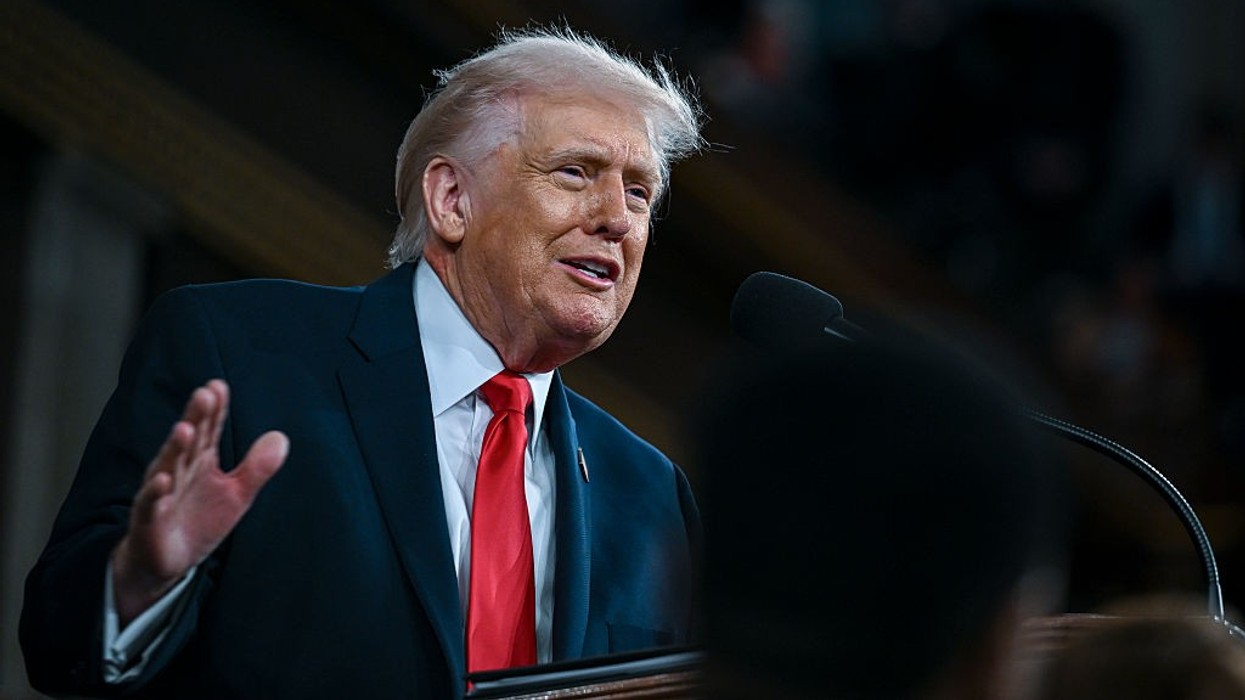Highlights:
- Indian flag desecrated at SFJ’s unofficial referendum in Ottawa.
- Over 53,000 people attended; queues stretched nearly two kilometres.
- Videos showed violent “kill” slogans targeting Indian officials.
- Police observed but did not intervene during the event.
The incident comes as India and Canada attempt to ease bilateral tensions. Tensions flared in Ottawa on Sunday (23) as an unofficial 'Khalistan Referendum,' organized by Sikhs for Justice (SFJ), a group banned in India under the UAPA, drew massive crowds and sparked controversy after the Indian national flag was desecrated and violent anti-Indian slogans were raised. The event, held at the McNabb Community Centre, saw an estimated 53,000 Canadian Sikhs in attendance, according to organizers.
Disturbing videos circulated online showed participants chanting 'kill' slogans directed at Indian leaders and officials. The footage also depicted police liaison officers present at the scene, watching the crowd but taking no visible action to intervene.
The visuals prompted outrage among Indian communities globally and raised renewed concerns over extremist activities gaining space in Canada.
Supports carrying yellow Khalistan flags lined up for hours outside the venue. Queues stretched nearly two kilometres as people arrived from Ontario, Alberta, British Columbia, and Quebec. Families with infants and elderly individuals using walkers were among those who waited throughout the day, with voting continuing past the scheduled 3 pm deadline to accommodate the still-growing turnout.
Footage captured by Alberta-based digital outlet Media Bezirgan revealed massive crowds and an increasingly charged atmosphere. Despite the raised tensions and aggressive chants, police maintained a non-intervention stance. Indian officials have repeatedly raised concerns with Canada in the past regarding the safety of diplomatic staff and the rise of pro-Khalistan extremism on Canadian soil.
During the event, SFJ’s general counsel Gurpatwant Singh Pannun, who has been designated a terrorist by India, addressed the crowd via satellite. His speech reportedly emphasized continued mobilisation for Khalistan, even as India and Canada attempt to repair diplomatic ties after a prolonged period of strain.
Adding to the controversy, SFJ questioned the timing of Canadian Prime Minister Mark Carney’s meeting with Indian Prime Minister Narendra Modi on the sidelines of the G20 Summit in South Africa, which took place on the same day as the referendum. The group alleged, without evidence, that the meeting was “suspicious” in the context of what it claimed was growing support for the Khalistan movement in Canada.
The event comes at a delicate time in India-Canada relations. After months of hostility following accusations over the killing of Hardeep Singh Nijjar in 2023, both nations have recently taken small steps toward restoring cooperation—particularly in the areas of security and counter-terror intelligence. The scenes from Ottawa, however, threaten to once again complicate efforts to normalise ties.
The desecration of the Indian flag and open calls for violence are expected to trigger a strong response from New Delhi, which has consistently asserted that Canada must take firmer action against extremist activities targeting Indian sovereignty. With diplomatic engagement cautiously resuming, Sunday’s developments highlight the persisting tensions and the complex challenges facing India-Canada relations.
